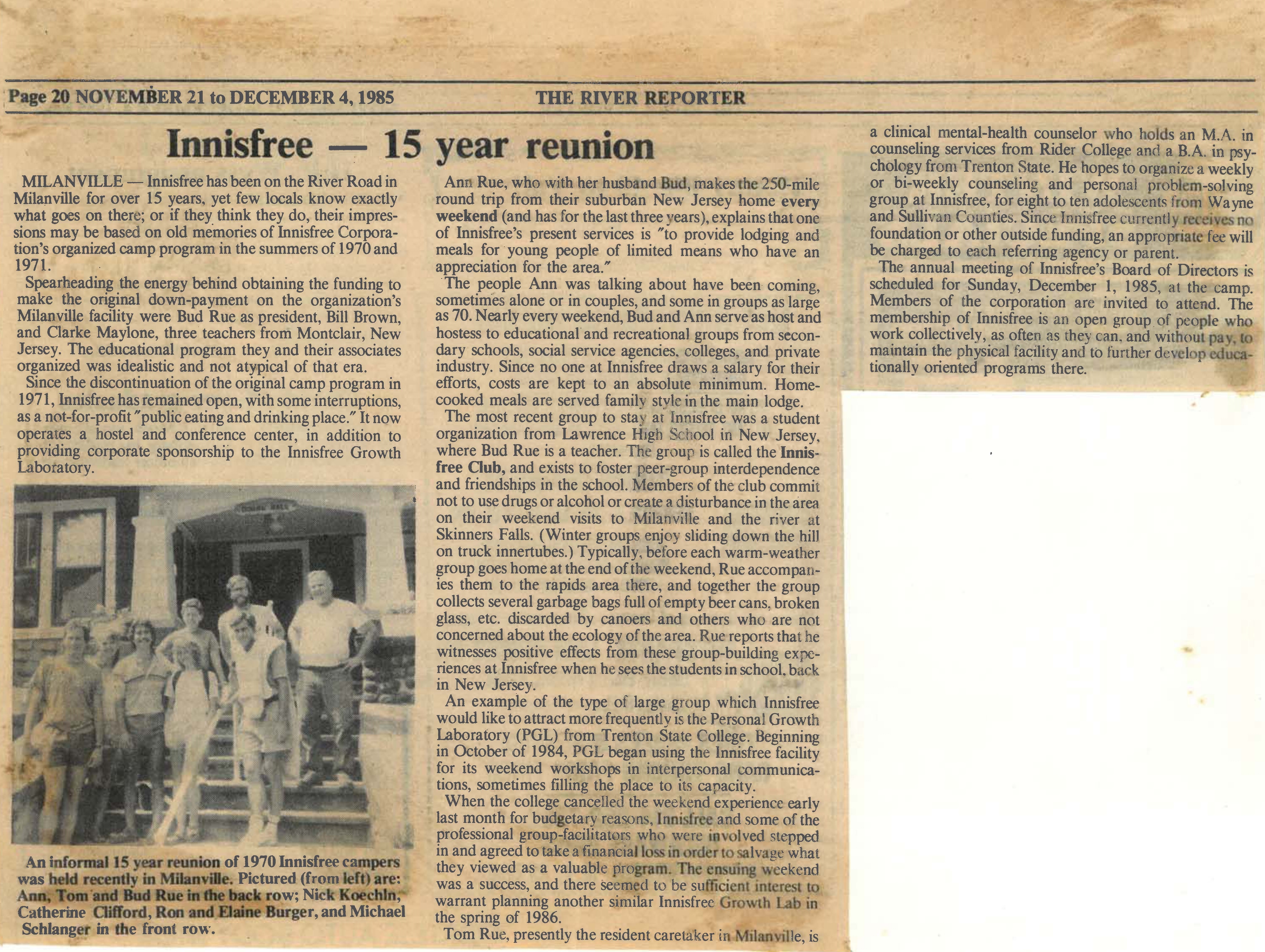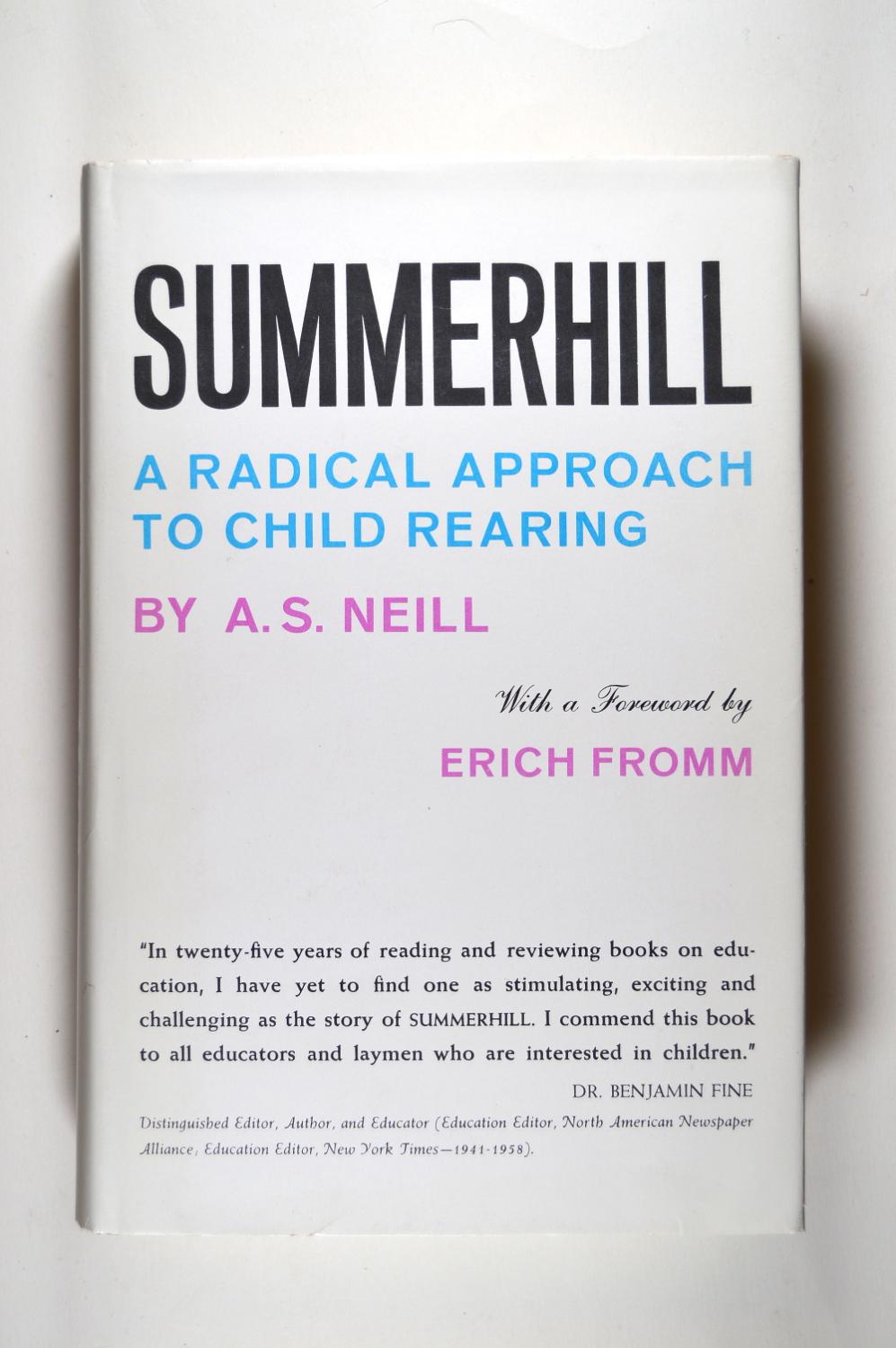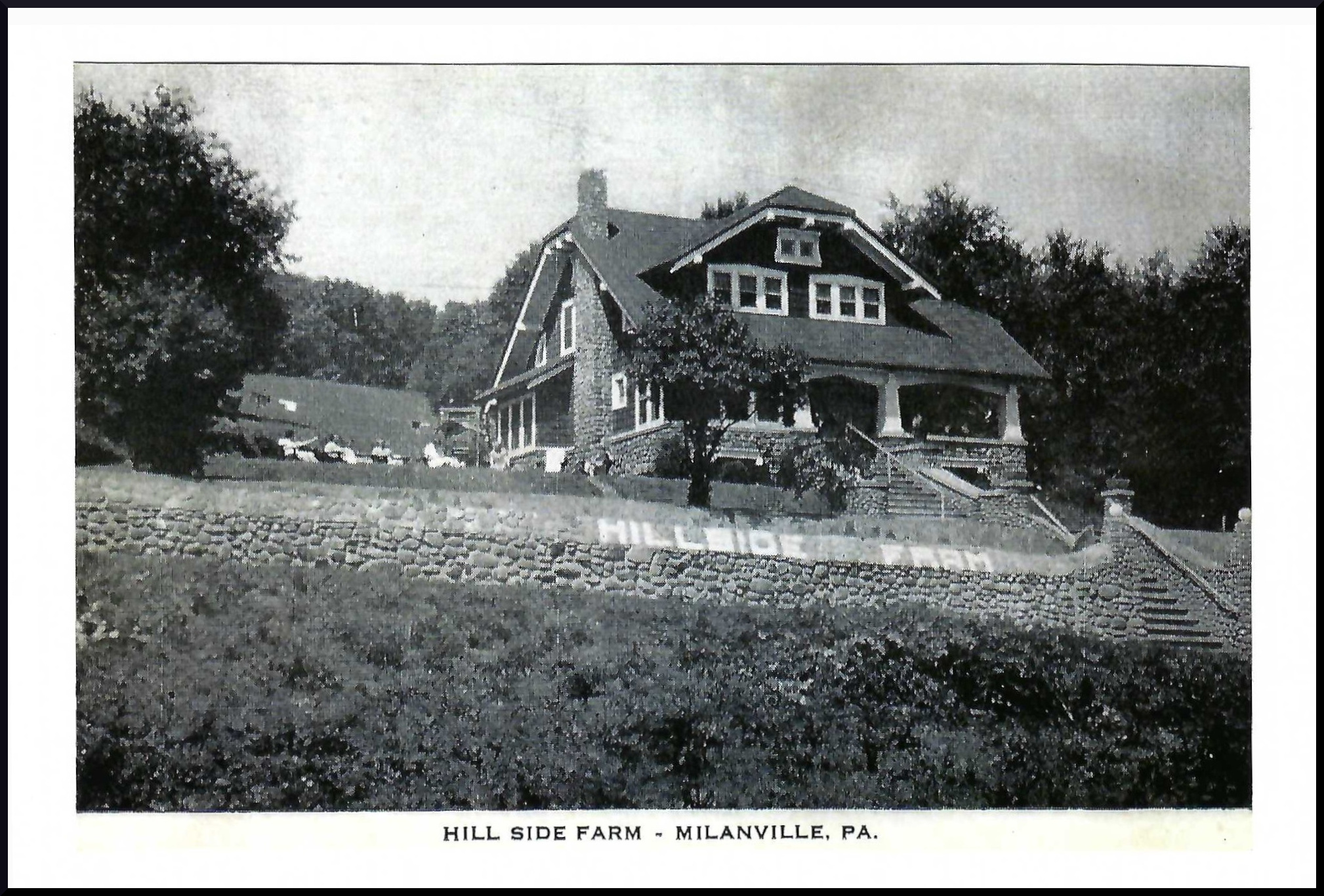Innisfree, 1970-1998
By Tom Rue
Chapter 8 - Youth hostel, country inn, and retreat
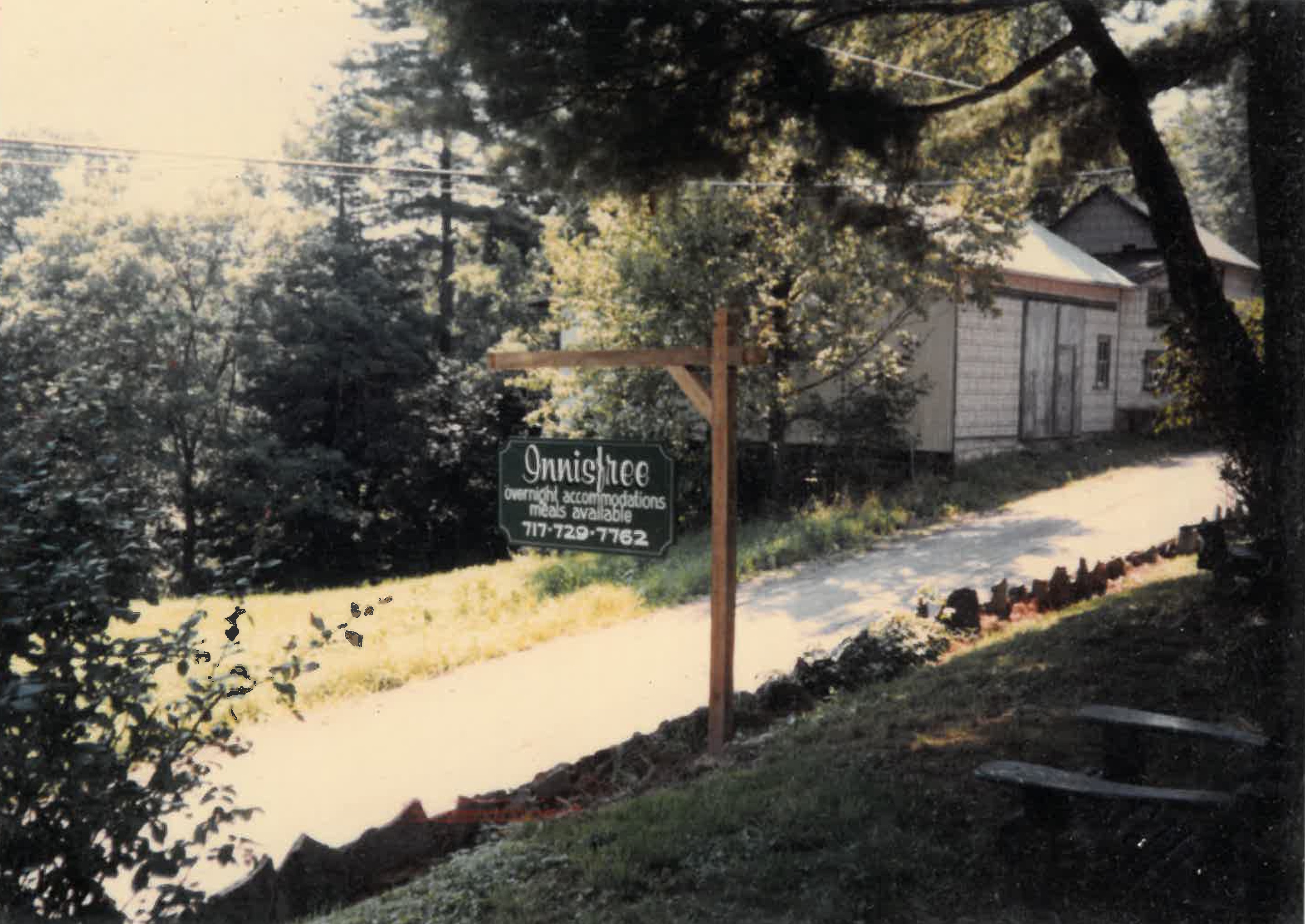
After the settlement of Frank's lawsuit, members of the extended Rue family and various friends and associates began appearing at Innisfree every weekend, and often for weeks or months at a time. Most Fridays while I was enrolled college in central New Jersey, I would join my parents on a drive to Innisfree, and return on Sunday nights. In November 1985, after I finished graduate school, I was grateful to be able to move to Milanville full-time, to keep an eye on the place and greet walk-ins. I also continued to do the marketing and publicity for Innisfree and some of the organizations that met there, writing press releases, newsletters, and correspondence.
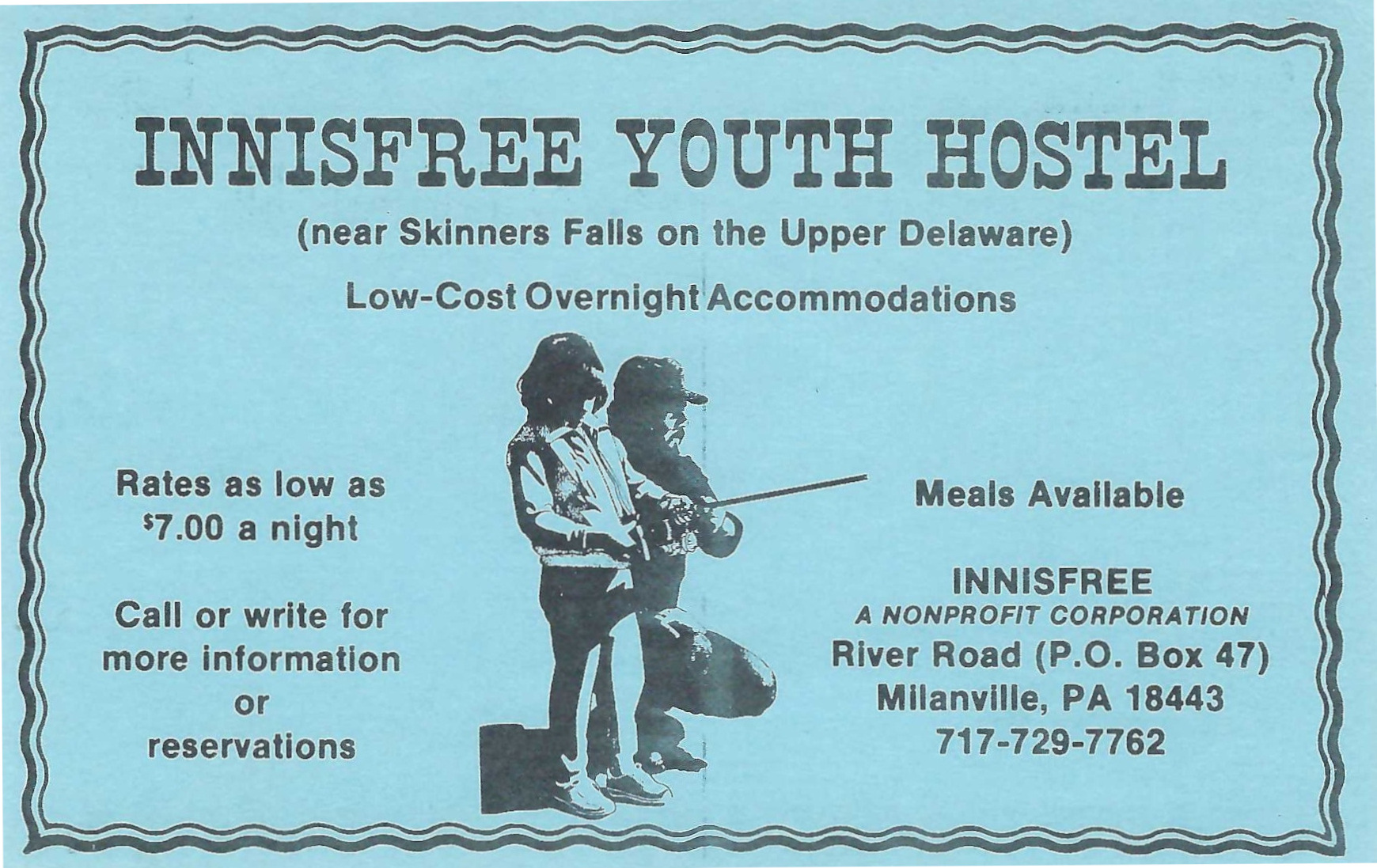
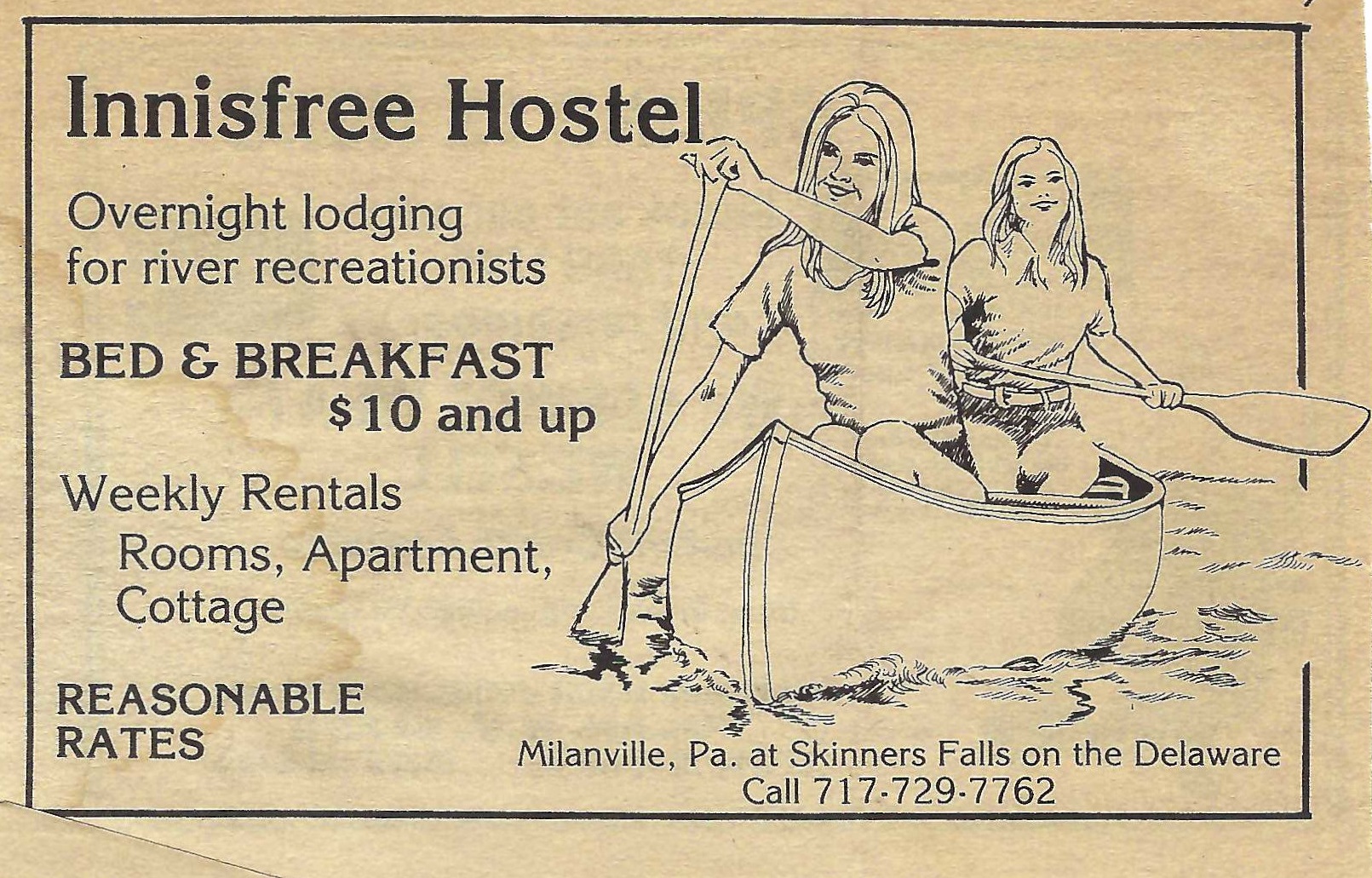
Although I had been out west since late 1976, living in Utah, Colorado, and Texas for school and military service, during those years I missed the Upper Delaware Valley. Since sixth grade, it had remained my goal to eventually live at Innisfree. There was plenty of room for me to live comfortably in the apartment over the rec hall, and I accepted a job as a houseparent at the Wayne County Group Home in Beach Lake, Pennsylvania, from 3 PM on Fridays through 10 PM Sunday nights. During the week, I wrote full-time for and otherwise kept busy at The River Reporter newspaper in Narrowsburg as a contributing editor. I also briefly served as its business manager. The newspaper work became part-time for me when I was hired as a probation officer in Sullivan County where I stayed for two years before accepting a family therapist position with Berkshire Farm Center and Service for Youth in Sullivan County, and then moved on to clinical counseling jobs with Sullivan County and the State of New York. The river valley was where I felt most at home.
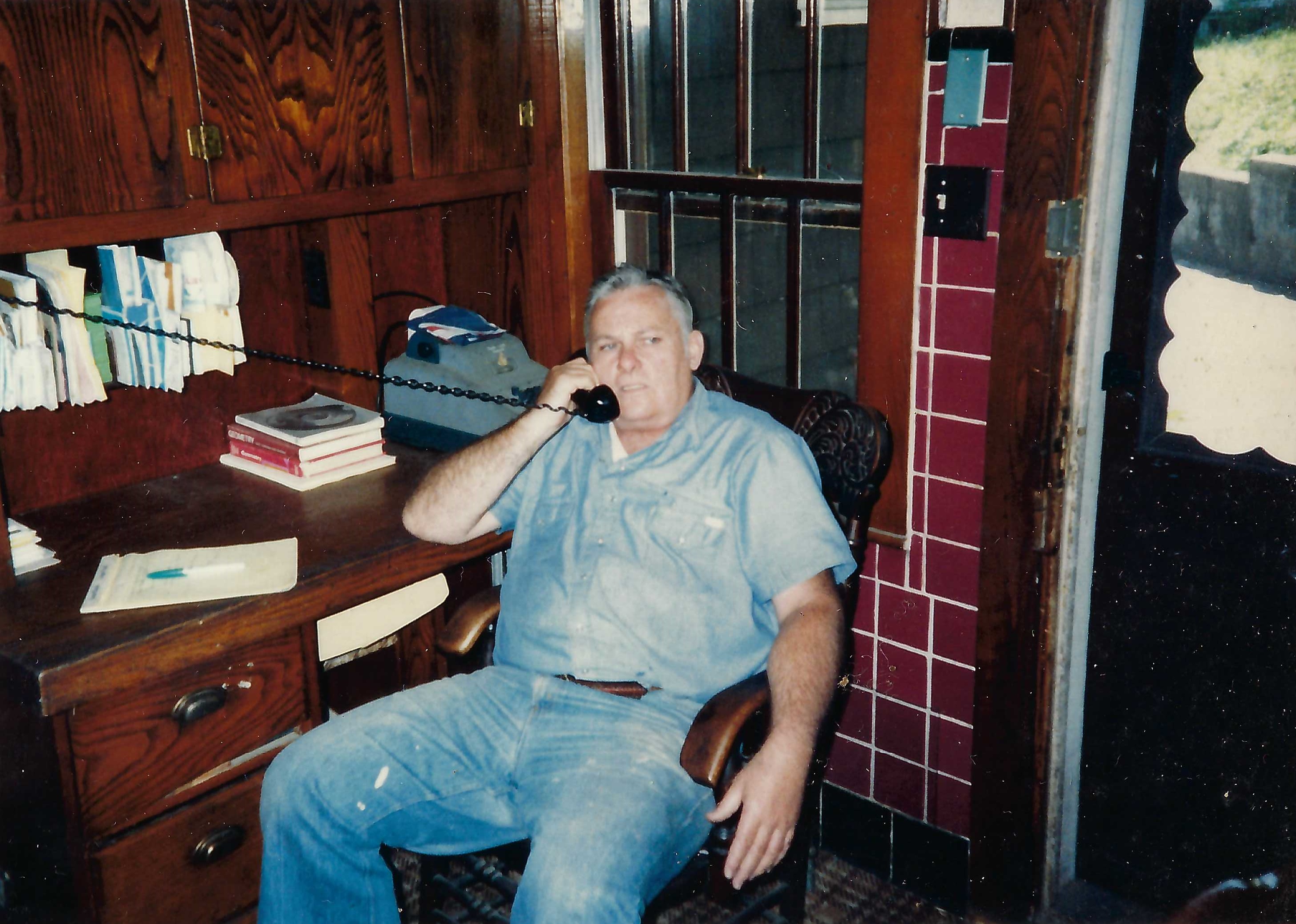
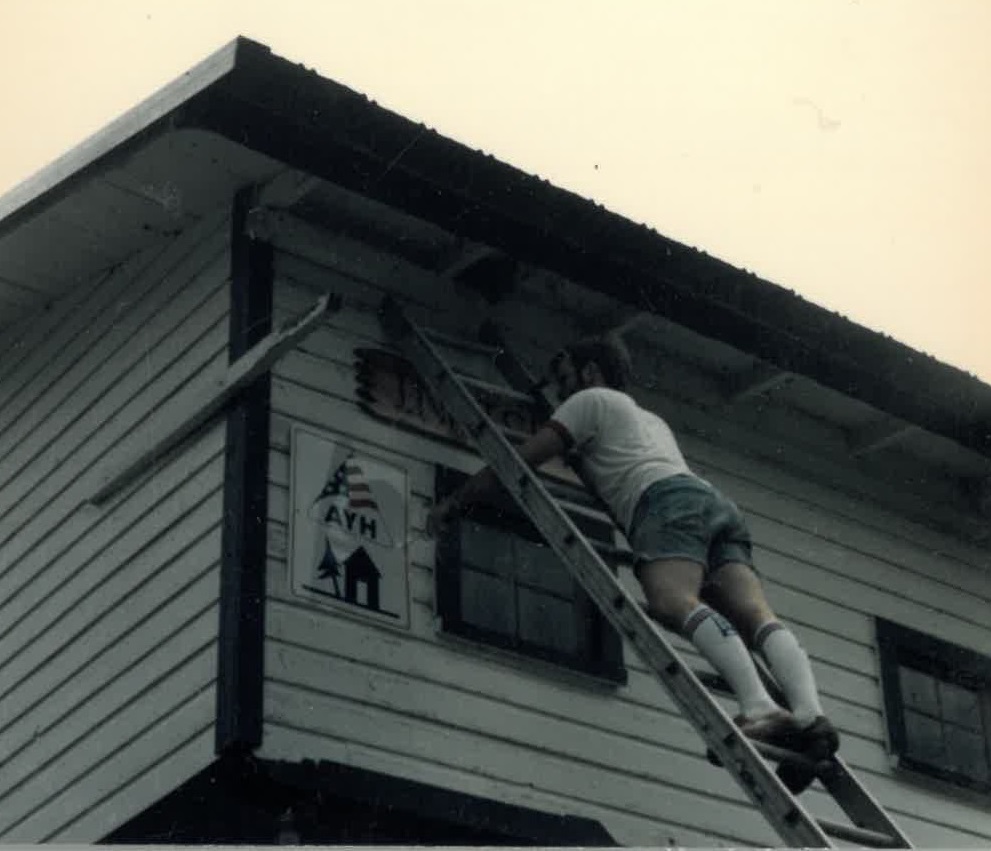
For the next decade, Innisfree continued to be operated by the Rue family as a hostel for people of all ages (not just "youth") to come enjoy the scenic beauty of the river valley. Innisfree was chartered by American Youth Hostels in 1986. The mission of American Youth Hostels (AYH), now known as Hosteling International USA (HI USA), is "promoting intercultural understanding, environmental sustainability, and educational experiences through affordable and accessible travel accommodations." This seemed like a perfect fit for Innisfree's organizational values.
A pleasant aspect of bed and breakfast type establishments or hostels is the experience of meeting and visiting with new and interesting people. There were enjoyable times at Innisfree when travelers or visitors to the river valley whom I otherwise would have been unlikely to meet enjoyed a fire in the hearth of the main house while conversing in the living room late into the evening. As I recall, it was in this manner that Bud Rue first learned about and began to pursue organizing a local affiliate chapter of Habitat for Humanity. One HFH visiting consultant spoke of "infectious habititus", the primary symptom of which throwing one's self into organizing and building houses for people in need.
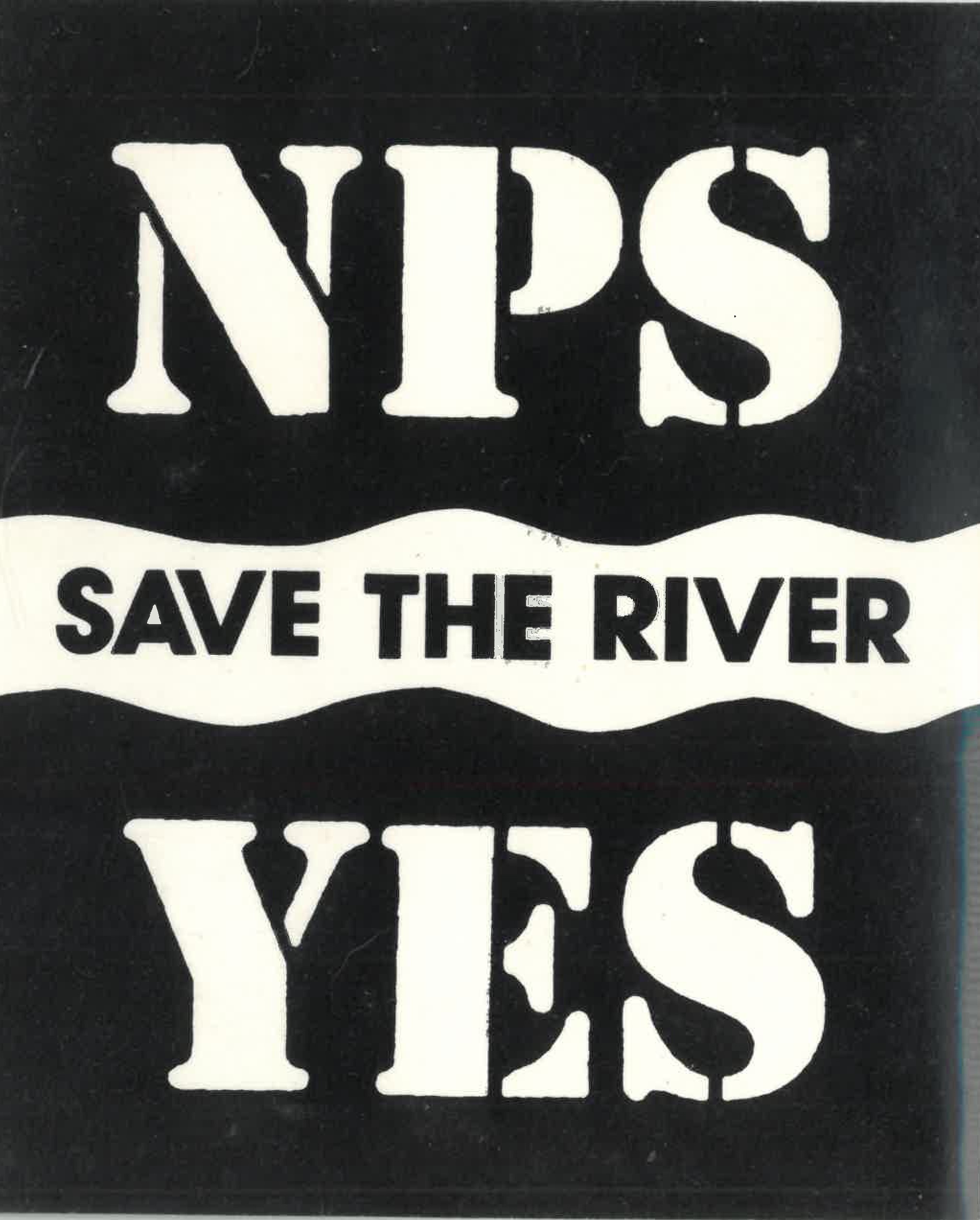
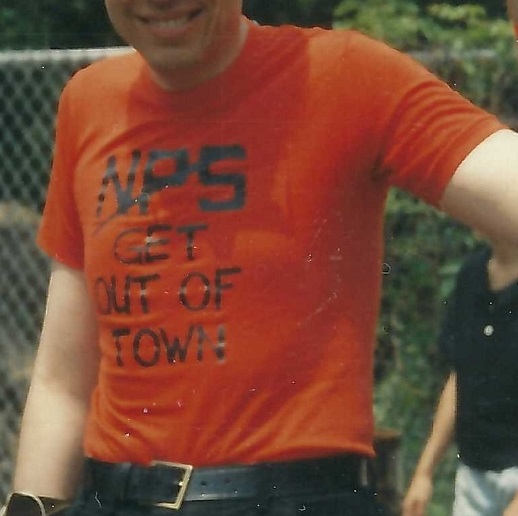
Many times, the topic of the environmental role of the National Park Service (which was relatively new to the area at this time) would come up in living room conversations; and weighing the protection of one of the northeast’s last major free-flowing rivers against what seem to have been the ungrounded fears of some locals (based largely on what had historically occurred during previous decades downriver in the Middle Delaware with the federal government's bungled Tock’s Island Dam). To anyone not familiar with that part of our river's history, I recommend "Tocks Island: Damned If You Do - The homegrown movement that defeated the Delaware River dam" by David C. Pierce (2023), available on Amazon in hard copy and for Kindle. For those interested in histories of citizen protest on the Upper Delaware, see Carroll, Matthew S. Carroll (1987) "Analysis of Community Response to Federal Presence in the Upper Delaware River Valley"; and
Mary A. Curtis (1988), "The Aginners and Others: A Case Study of Citizen Protest on the Upper Delaware".
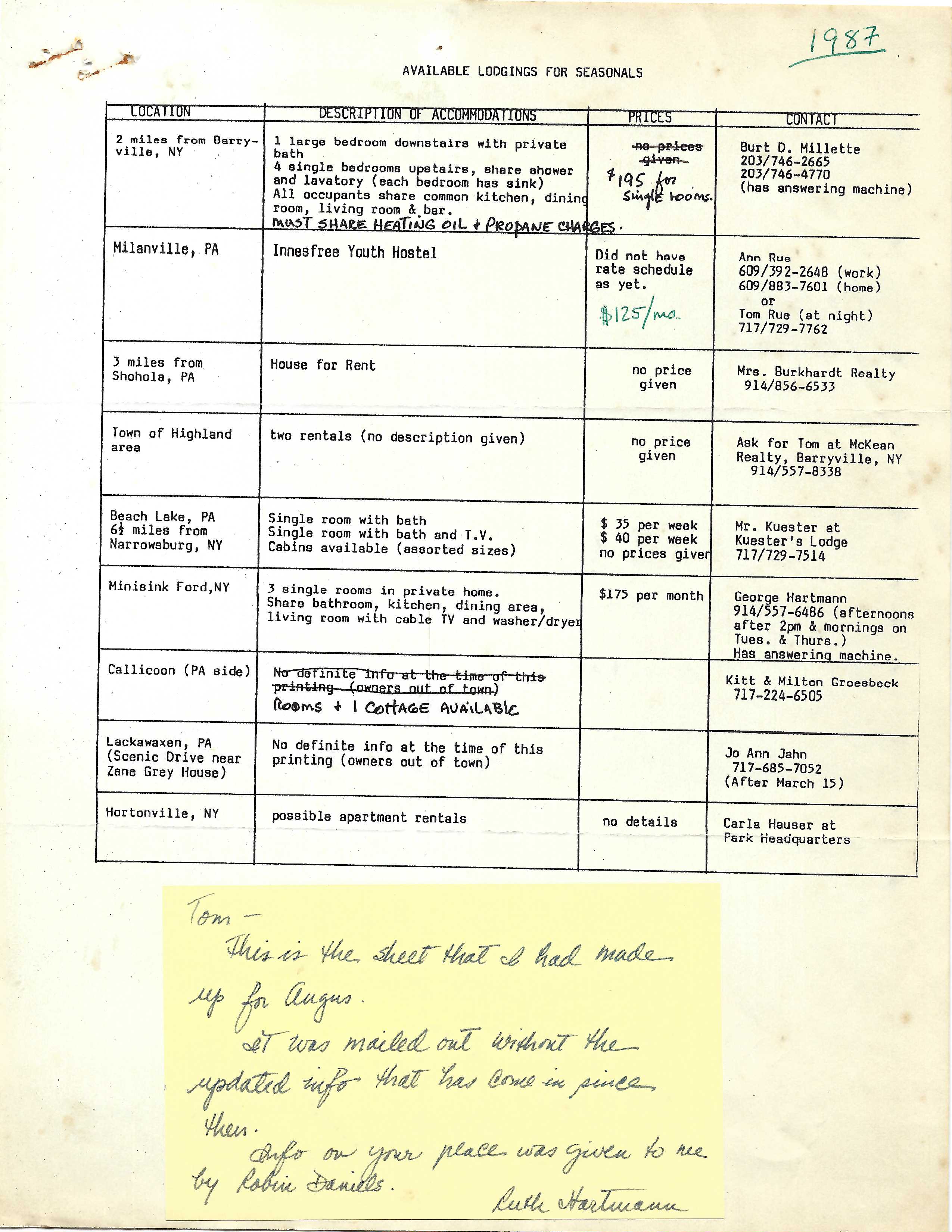
In hopes of assuring the operation of Innisfree would not be unduly restricted by new regulations, as was predicted around that time by some vocal NPS opponents, I addressed a letter on Innisfree letterhead to the Conference of Upper Delaware Townships (COUP, now the UDC), which was then in the process of drafting guidelines to aid the 15 towns and townships along the Upper Delaware. In direct response to my request, COUP and the UDC (which included representatives sent by each municipality, NYS Department of Environmental Conservation, Pennsylvania Department of Environmental Resources the National Park Service, and the Delaware River Basin Commission) voted to designate "country inns and youth hostels" as permitted land uses in the Skinner's Falls segment of the river corridor (see p. 115 and elsewhere in the River Management Plan), as my letter asked.
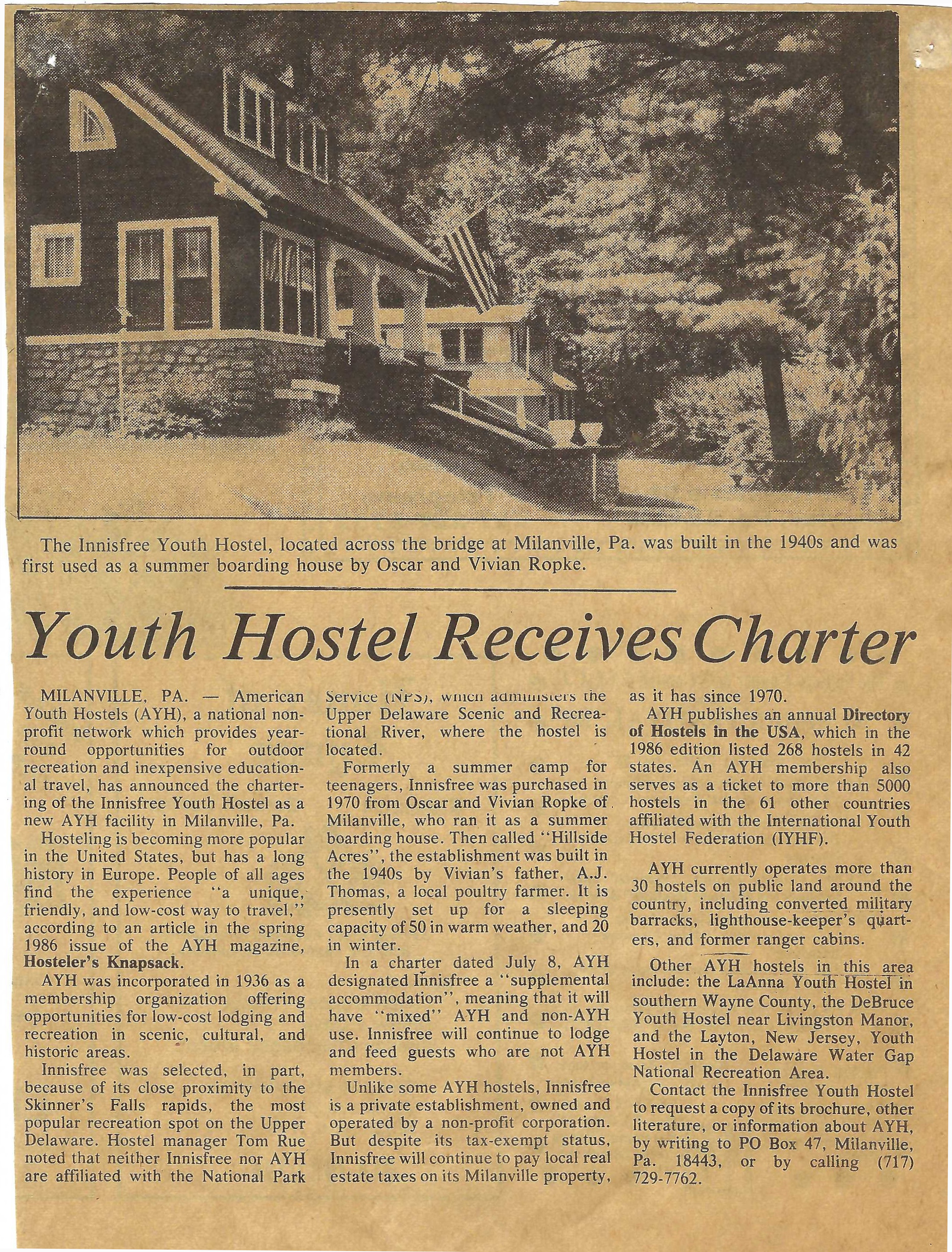
This gesture was well received at Innisfree and was accepted in good faith. We encouraged our local governments (such as Damascus, where I lived, as well as Manchester and Buckingham), as did some other local residents at the time, with limited success in those early days, to participate in the intergovernmental land and water use planning processes then being developed. While Innisfree Corporation's board of trustees never issued a formal position statement on the presence of the NPS that I can recall (or maybe we did), there was no disagreement by anyone I ever talked to at Innisfree that the Wild and Scenic Rivers Act of 1978 and related environmental laws the implementation of which brought the NPS to our midst, was essential for the long-term environment protection of the Upper Delaware River Valley, and therefore good for property owners and residents generally. (See "The River Law: ten years later -- Planning costs topped $2.7 million" in The River Reporter, October 6, 1988, by Tom Rue.)
Promoting this belief, Innisfree hosted a few meetings of the Upper Delaware River Association (which actively supported the NPS presence all the 1980s and thereafter). Most meetings of that organization in those years were held a couple of miles up River Road in a field owned by environmentalists Barbara Yeaman and the late Ed Wesely. When a dry space was needed to hold a meeting, the Innisfree rec hall was always available. We were pleased to offer lodging to seasonal NPS park rangers, though most who tried sleeping in the Innisfree dorm did not stay long. By contrast, artist George Bailey chose to live in the Innisfree cottage for a year or two in the late 1980s and early 1990s.
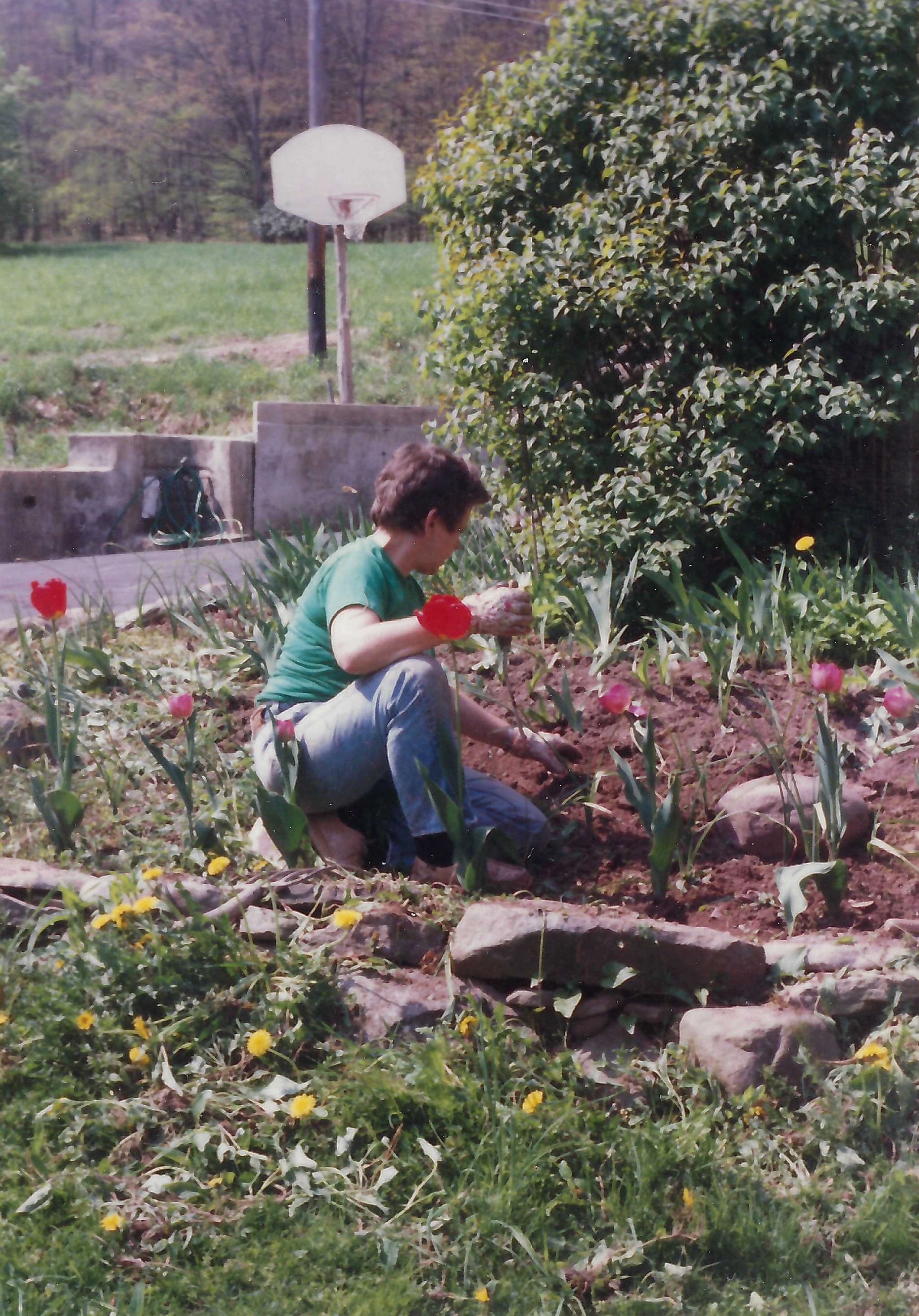
A core group of Innisfree campers tended to return to Milanville each summer, or as often as their lives and circumstances permitted. Some were 1970-71 Innisfree campers. A few of these brought partners or children when they came. Others may once have attended a workshop or weekend retreat there. Occasionally, even a few who remembered the place as "Hillside Acres", who had once played shuffle-board across the street and danced polkas in the 1960s rec hall returned. All were beguiled by the beauty of the river valley. I am told that even now (2024), people still stop in to meet the current owner and see the property.
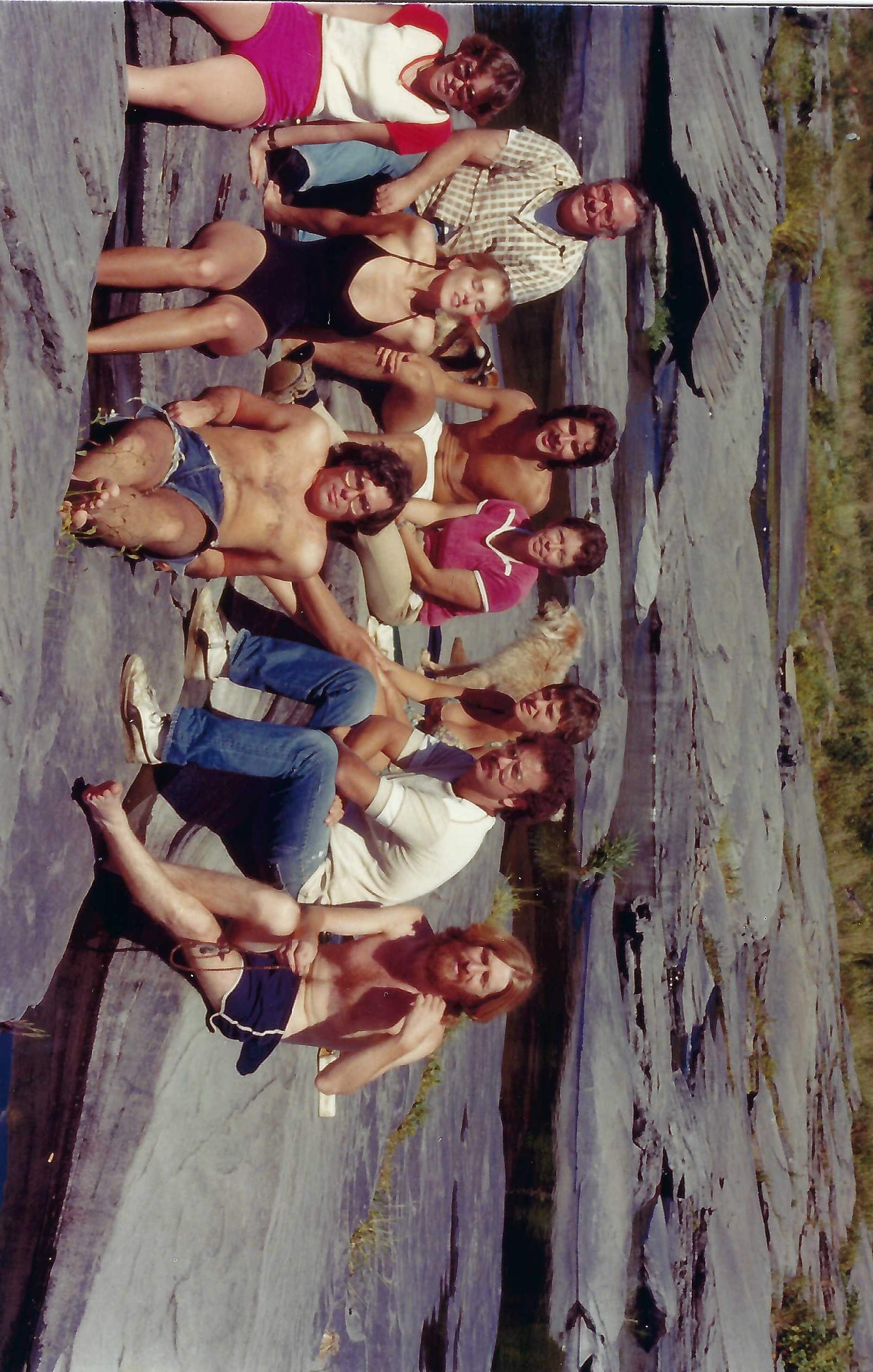
At a June 24, 1990 meeting, Innisfree's board of trustees included: Bud Rue (President), Ann Rue (Vice-President/Treasurer), Tom Rue (Secretary), David Rue, John Rue, Robert Woldin, Paul Gerhard, George Bailey, and J. Andrew Prickett.
Starting in the early 1980s, public purpose usages of the Innisfree property changed from the earlier summer camp and other programs during the mid to late 1970s. Innisfree's board of trustees made it their stated mission that the premises be offered and be available for free or affordable use by local residents for diverse educational and other nonprofit purposes.
These is a following partial list of activities that occurred at Innisfree. Rent was not charged to these groups, other than a mutually agreeable reimbursement to Innisfree for heat expenses and public liability insurance premiums (which rose dramatically around this time).
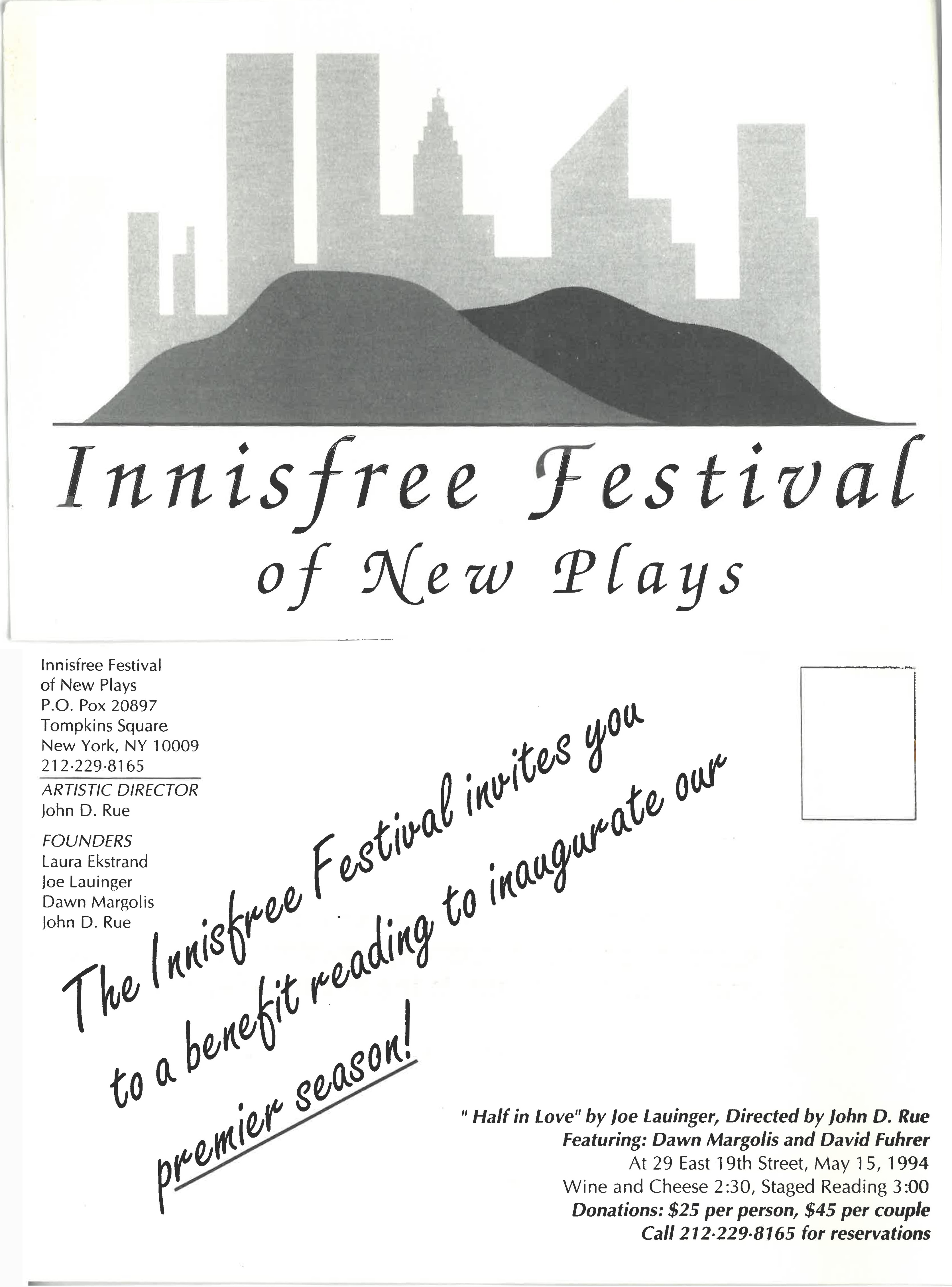
- The Innisfree rec hall was home to the Upper Delaware Unitarian Universalist Fellowship from 1987 to 1998;
- Upper Delaware Amnesty International, Chapter #533 met in the main house;
- Early meetings of the Wayne County chapter of Habitat for Humanity, founded by Bud Rue in 1990 with the widespread support today of multiple faith organizations and local people;
- Encounter group weekends from Trenton State College called Personal Growth Laboratory;
- Lodging and rehearsal space for the "Innisfree Festival of New Plays," some directed by John Rue at the Nutshell in nearby Lake Huntington;
- Open-to-the-public yoga classes, taught by neighbor Susan Sullivan in the rec hall;
- Venue for dances, dinners, and concerts in the rec hall;
- Lodging for seasonal National Park Service rangers stationed on the Upper Delaware;
- Free indoor meeting space for the Upper Delaware River Association and other local community groups as needed;
- Delaware Highlands Conservancy, founded by Barbara Yeaman in 1994 and of which Ann Rue was a board member at the time (early board meetings were either held in Barbara's barn or at Innisfree). As of 2024, the Conservancy has protected ~20K acres in Wayne, Pike, Sullivan, and Delaware counties; now headquartered at the Van Scott Nature Reserve in Beach Lake (a 140-acre former dairy farm), according to DHC former president Greg Belcamino.
- Free use of Innisfree's library guests and to the local community (take what you want, leave what you don't want), which filled the front end of the dormitory building;
- Free confidential short-term emergency housing, during warm weather in the dorm, for victims of domestic violence referred by the Women's Resource Center (now the Victims Intervention Program) in Honesdale;
- Long-term residential rentals of the cottage, recreation hall apartment, portions of the main house, and dorm;
- Special events to raise funds and awareness for various local and not-local nonprofit projects, causes, and organizations.
On April 20, 1989, The River Reporter carried a headline, "Nonprofit retreat center to open all week," with an article which announced:
"In recent years, the nonprofit retreat center has only accepted guests on weekends. While Innisfree's main focus is organized groups, individual guest and families are also welcome.
"The facility is owned by Ann and Bud Rue, until June of Lawrenceville, NJ; now taking up full-time residence in Milanville. Formerly, they commuted every weekend. Bud Rue is president of Innisfree Corporation, which leases the premises. Its nine trustees, none of whom are paid, meet once per year.
"Bud is about to retire after 25 years of public teaching experience, and Ann from 20 years in private, nonprofit day-care administration and teaching."
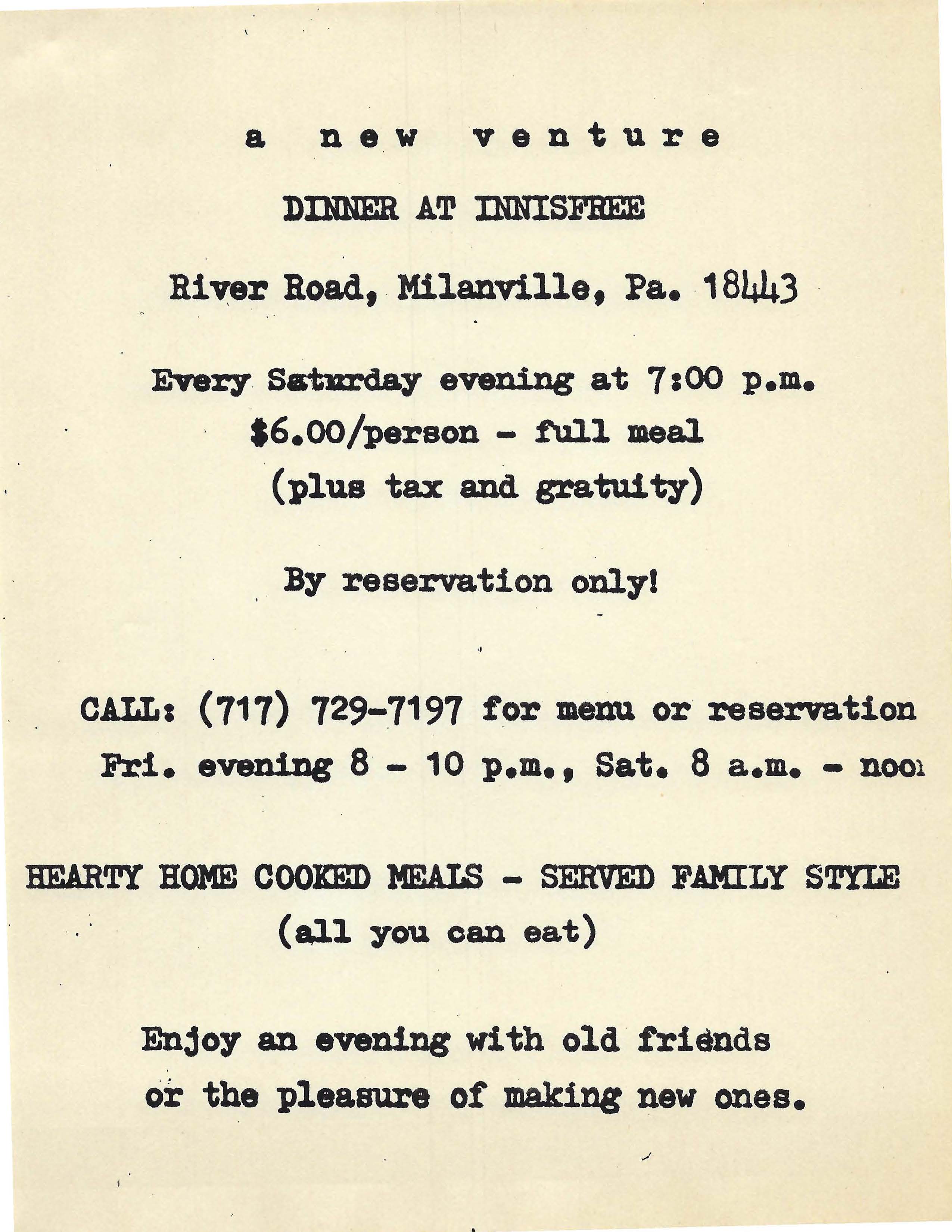
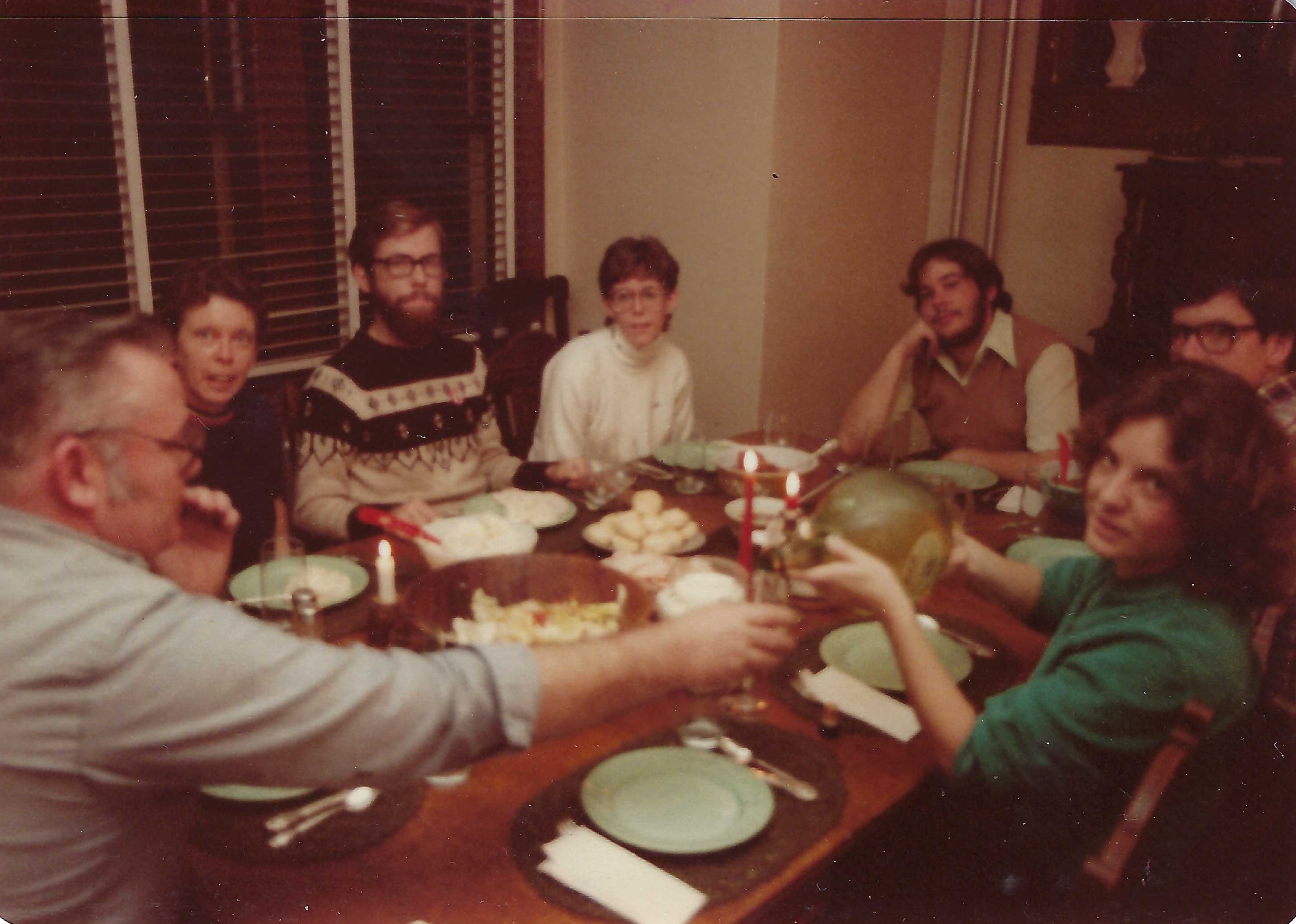
Home-cooked meals prepared by Ann and Bud Rue, during the late 1980s were locally advertised to the public at an unusually low price of $6.00 per person "(plus tax and gratuity)" for a "hearty home cooked meals - served family style (all you can eat)". Ever since 1970, Innisfree Corporation had retained its license by the Commonwealth as a "Public Eating and Drinking Place", even after the "Organized Camp" license was rescinded because there was no longer an actual summer camp program in operation like the earlier years. A fully equipped institutional kitchen in the main house with a walk-in cooler powered by a compressor in the basement lent themselves to cooking for large groups. Running the Innisfree Country Inn and Retreat kept Ann Rue busy with the meals. Bud would assist with meal preparation, service, and cleanup. He enjoyed grocery shopping in bulk. I recall shopping with him at a place called "Discount Grocs" in White Mills, and Victory markets in Callicoon and Monticello, and elsewhere, as he planned for occasional large groups, and frequent small groups, served in Innisfree's dining rooms. When he could, he stored large quantities of food and supplies in the dirt-floor root cellar under the main house (long before hoarding toilet paper became fashionable).
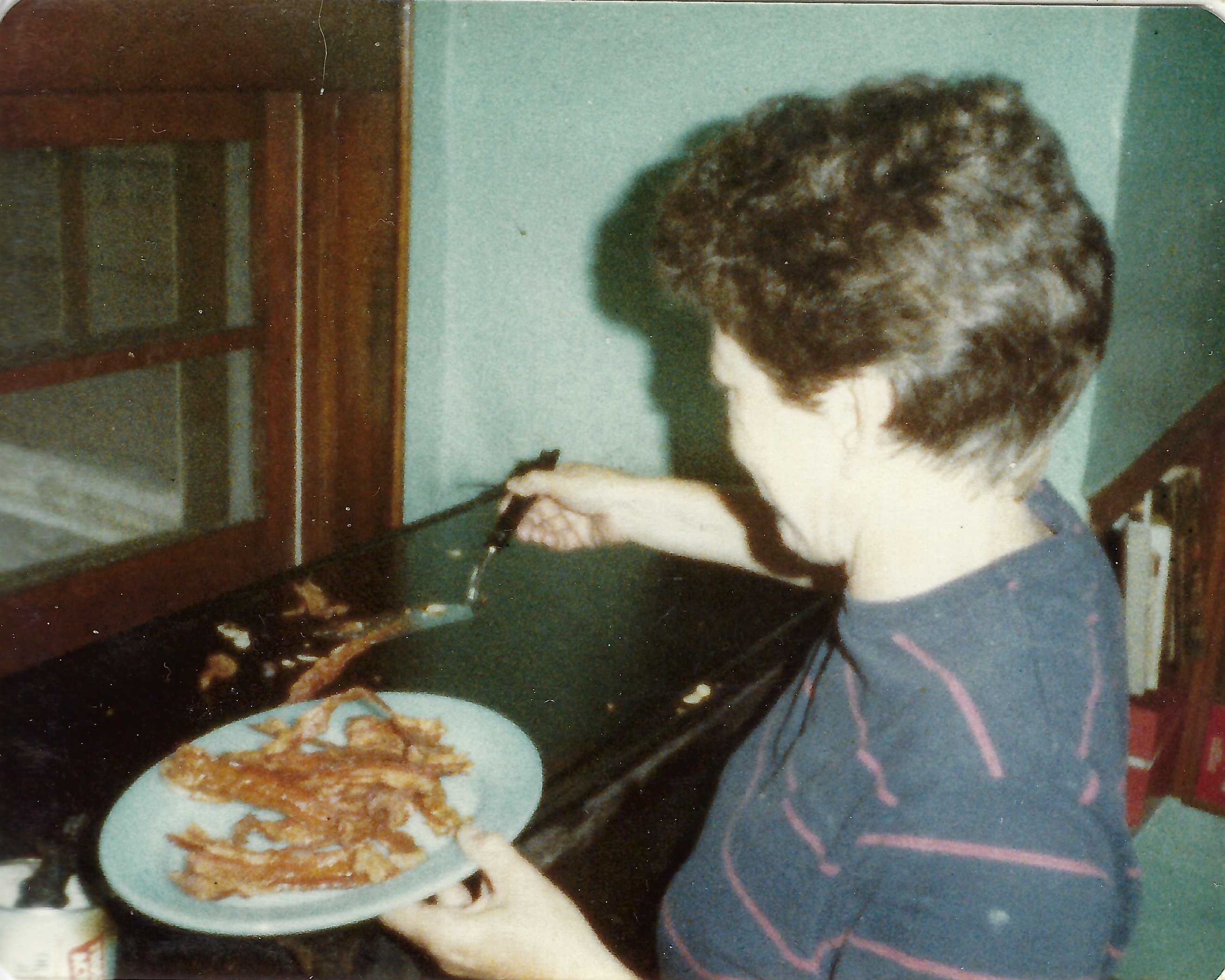
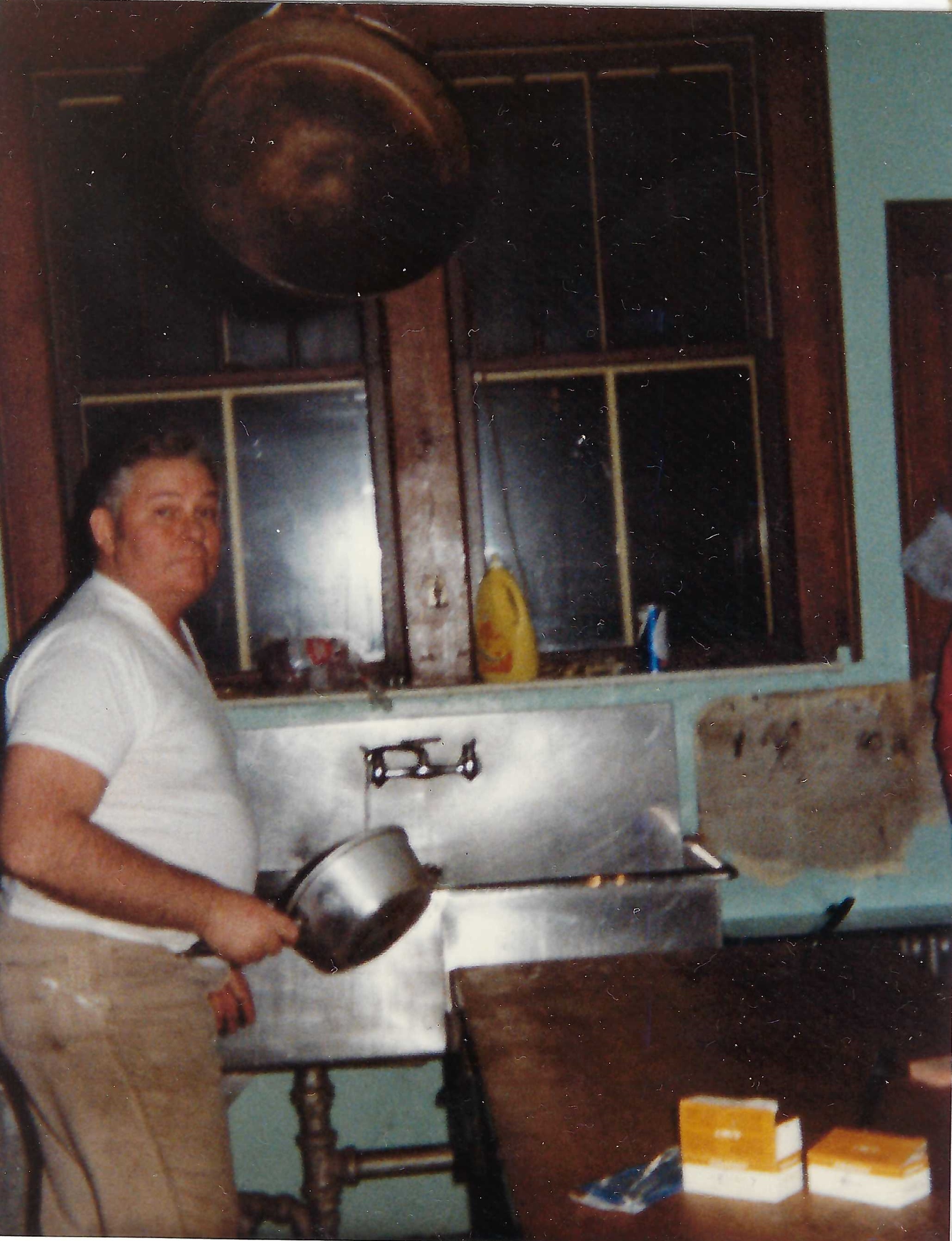
Here is a sample a menu offered by Ann Rue to cook such meals as are described in the above flyer, using the Innisfree kitchen for a group of about 40 adults in 1980. I typed this menu (as I did many other letters and documents), but I had no part in the cooking at Innisfree. Meals were served to large groups or solitary guests at Innisfree, prepared by Ann and Bud Rue.
Personal Growth Laboratory
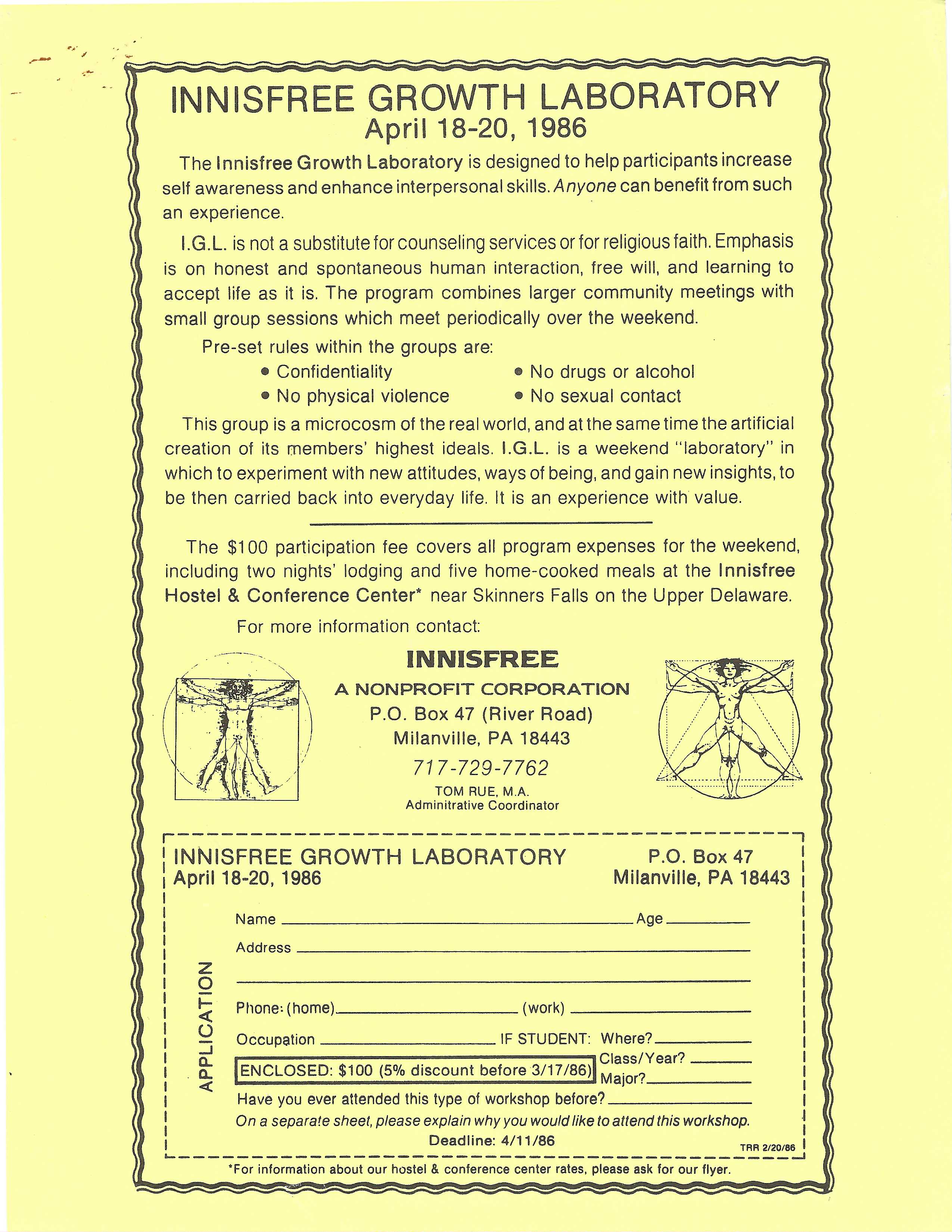
A student-run organization at Trenton State College (now TCNJ) known as "Personal Growth Laboratory" held its retreats at a camp in Sussex County, New Jersey twice each academic year until their funding was cut by the Student Government Association (SGA). Innisfree offered a more economical venue for the counselor training exercises and allowed the program to continue. Since it was no longer sponsored by the SGA, the name was changed to "Innisfree Growth Laboratory" in honor of the place where it was held. IGL was described in a proposal and trifold brochure.
A 19-page proposal entitled "THE INNISFREE GROWTH LABORATORY: An Opportunity For Experiential Student-Intern Field Placements In A Weekend Encounter-Group Setting For Graduate Students In Counseling, Social Work, And Related Fields" was approved by Innisfree's board of trustees and the former student-run organization continued in a format similar to the manner in which it was conducted by the college. Local newspaper advertising (see at left) did not result in any signups, but college students from New Jersey did fill the dorm at the same frequency as previous during the mid-1980s.
Back: Chapter 7 - Valuable stuff in the ground | Next: Chapter 9 - Giving back

